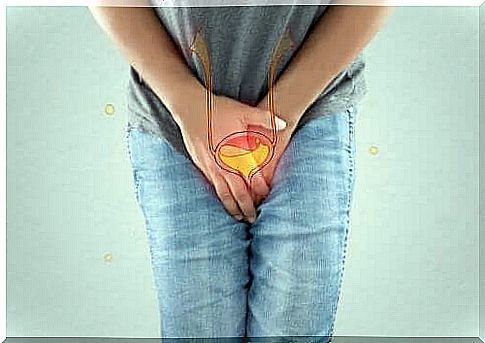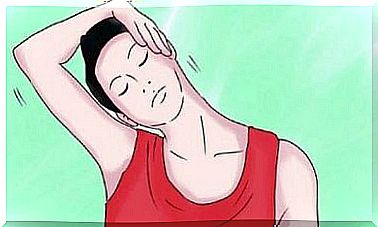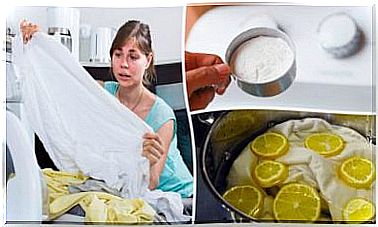5 Supportive Measures Against Urinary Incontinence
Proper nutrition and various exercises can help with urinary incontinence. Even if other measures are important, you can support them with them.

Urinary incontinence leads to involuntary and sudden leakage of urine, which can have various causes. It can be a minor problem or it can be a very uncomfortable and annoying problem. In addition to other measures to prevent urinary incontinence , today we recommend a variety of habits that can help you with this problem.
Treatment will vary depending on the cause, but there are several basic measures that can help better control the situation. Read on to learn more about it.
Supportive measures against urinary incontinence
Loss of control over urination can have a variety of causes. It is not a disease as such, but rather a symptom. Involuntary and sudden urination can result from coughing, sneezing, laughing, or other exertion.
For some people, urine leakage becomes a serious problem because they are unable to hold back urine for as long as it takes to go to the bathroom.
But regardless of the cause or the severity, there are different habits that can be used to better control the situation. Discover them!
1. Proper nutrition against urinary incontinence

One of the keys to fighting urinary incontinence is proper diet. Many people ignore this, but certain irritating foods can increase the urge to urinate and should therefore be reduced.
Avoid spicy, sour, and high-sugar foods as much as possible. You should also avoid coffee and other caffeinated drinks or foods.
2. Bladder training against urinary incontinence
Simple techniques can help strengthen the muscles involved in the process of urinating. The purpose of this is to achieve a certain regularity. Training therefore begins with setting specific times to go to the bathroom.
You have to try to endure the urge to urinate for as long as possible until the body gets used to sticking to the scheduled times. Of course, you have to proceed slowly and step-by-step: plan every hour first, then every two hours and try to achieve a gap of four hours over time without involuntary urination during this time.
Another simple technique increases the ability to hold back urine. The point is to delay urinating for a moment if you feel the urgent need to go to the toilet. First wait for 5 minutes, then for 10 and so you gradually learn to control your needs and your bladder.
3. Pelvic floor training against urinary incontinence

Pelvic floor strengthening exercises are an excellent supplement for treating urinary incontinence. They are usually the first thing you should do when you have a slight urge to pass. These exercises are also known as Kegel exercises and can be practiced at home every day.
How do these exercises work?
- Start by tensing your pelvic floor muscles for 5 to 10 seconds and then relaxing again. Then you take a long break. These are the muscles you need to pause for a moment while urinating. If you’re not sure how to do this exercise, try pausing the process when you go to the bathroom.
- Other exercises, such as the bridge or pelvic lift, can also be very helpful. You always have to focus on tensing the right muscles.
4. Give up tobacco
You know how harmful tobacco is for your health and should therefore use your urinary incontinence as an opportunity to refrain from it altogether. The pollutants present in it weaken the pelvic floor muscles and affect the nerves of the bladder.
The effects of nicotine in particular can cause the bladder to contract too much, which increases the urge to urinate suddenly.
On the other hand, we would like to remind you that smoking can cause chronic problems, which can also result in involuntary urination. When you cough, the pressure on the pelvic floor increases, causing the bladder and urethra to lower.
5. Avoid alcohol in the fight against urinary incontinence

Finally, we would like to mention that it is essential to see a doctor if you have symptoms of urinary incontinence. After the correct diagnosis, the doctor will instruct the best treatment. The earlier you start, the better the prognosis.









